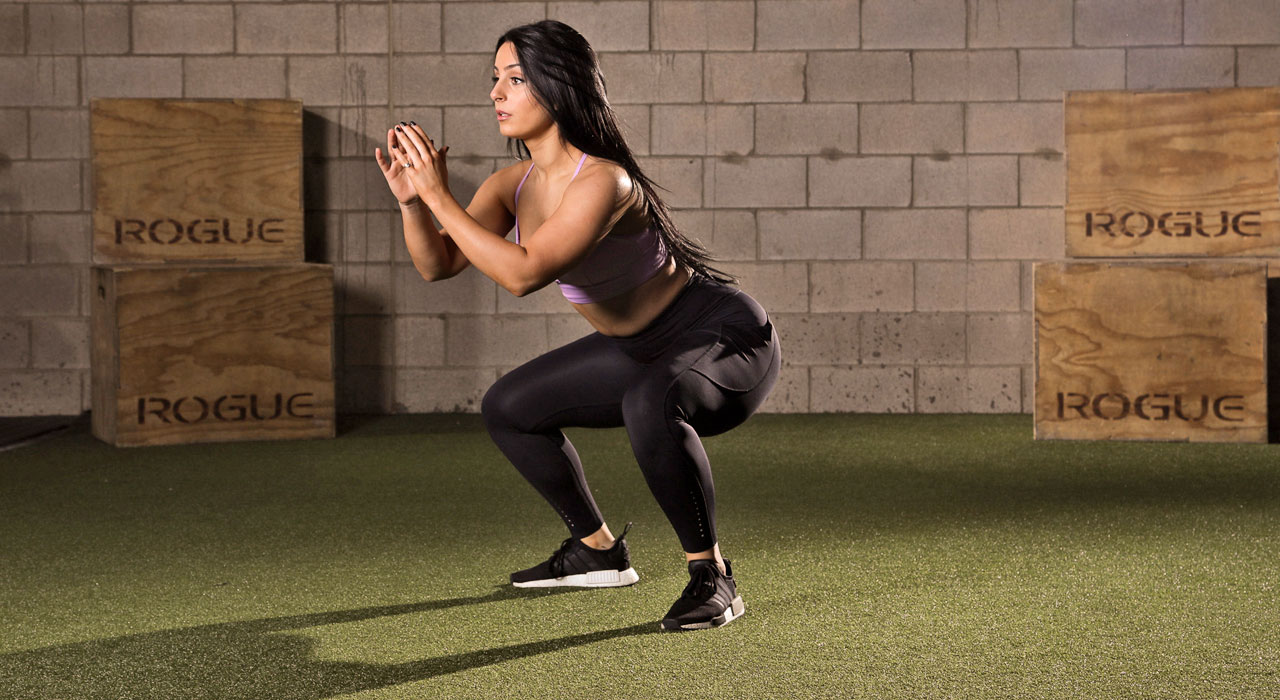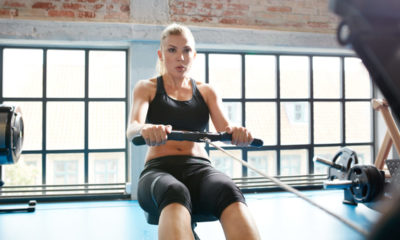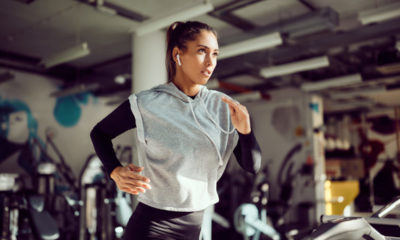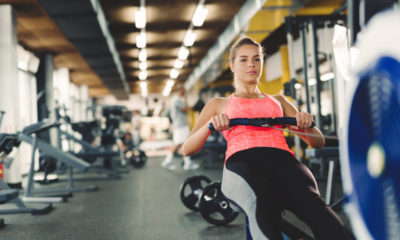Fitness
Should You Even Out Imbalances Before You Squat?
Every month we ask our team of experts the question that’s on your mind. This month: Should you follow corrective exercises to even out imbalances before you squat?
Emily Duncan
I’m a kinesiology major and come from a sport performance background, so I am always in favor of correcting imbalances before pushing maximal weight. If you lift with imbalances, you will increase your chance of injury as well as perpetuating your imbalances. I personally think that lighter squats should still be incorporated during the corrective period to relearn the movement pattern correctly.
Yami Mufdi
I would personally follow the corrective movements so that the imbalances get fixed. When you move on to squat heavier, you’ll have a more effective lift. You need to crawl before you learn to walk.
– RELATED: Does The Temperature Of Your Drink Affect Calories That You Burn? –
Noel Arevalo
Follow activation movements for the glutes and mobility before jumping into squats, to ensure your body is acclimated and warmed up enough; also that you’re getting the most effective workout as well.
Taylor Chamberlain
Before squatting heavy, it is important to ensure your form is down pat. Unilateral exercises are a great way to even out any muscle imbalances.
Lacey Dunn
I’m not sure that most people are even aware of muscle imbalances until they begin to do single bodypart work but, in the case there are significant muscle imbalances, I would urge the person performing the workout to warm-up thoroughly. I would never recommend anyone to “just squat” without a sufficient warm-up – especially if there are deeper issues like severe imbalances at hand.
Christie Bailey
When first squatting, it is important to start out with lighter weight to ensure you have proper form and can perform the movement without injuring yourself. Starting out with a heavier weight can put you at risk of injury.
For more expert opinions straight into your inbox, sign up to the TRAIN for HER newsletter.






















